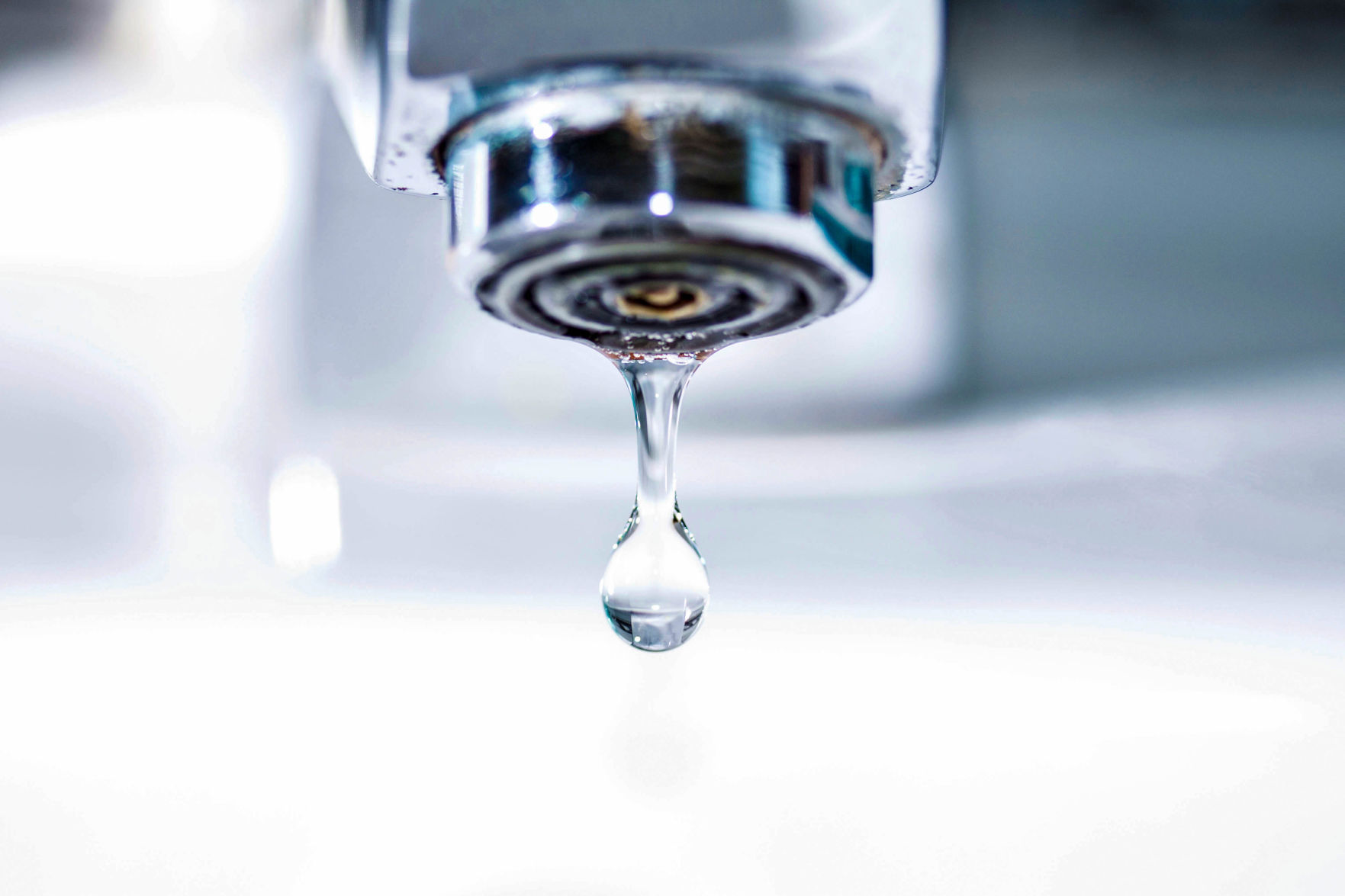NORTH BRUNSWICK – Township officials are addressing the water bill situation, which has left many residents paying bills that are excessively high.
Mayor Francis “Mac” Womack said the bills have been problematic for the past two billing cycles. He said the administration takes full responsibility for not only the bills, but for not being able to resolve the issues yet.
Womack offered an explanation to residents during the June 22 meeting of the Township Council. He said three issues have arisen as of late: bills that are suspiciously high, bills that are outrageously high, and bills that make no sense.
He said the suspicious bills could be a result of the estimated bills plus actual bills causing duplication; the pre-meter consumption being combined with post-meter consumption rates, especially if a meter is being replaced mid-cycle; and the irregular and extended billing cycle due to delayed billing by the township.
The mayor said outrageously high bills could be a result of a decimal point issue in the software.
Womack said one primary mitigating factor has been the meter replacement project that is underway; he said bills could be higher, but it should be an incremental increase, not a drastic one.
He explained that water meters generally have a 6- to 10-year lifespan and he said North Brunswick’s meters are about 20 years old. He said the spinner mechanism wears down and fails to accurately capture water consumption.
Womack said the township is converting to electronic meters which are easier to read, have a longer lifespan and the ability to monitor in real time. Using the Neptune company, water usage is converted to gallons, residents can watch their water usage over the internet, and everything the township sees is what residents have access to.
The mayor also said a change in the billing system from quarterly to monthly using new software, and the conversion of billing units from cubic yards to gallons, has affected the rates, as has a delay in bills being mailed out from the township.
To rectify the situation, Womack said new members have been added to the township’s customer service team and their responsibilities are more well defined. He said the software is being changed, as is the way the phone and logging systems operate. There is also a pledge to track complaints and return all phone calls.
Also, the township will purchase auditing equipment from three companies so residents can track if their meter is leaking.
“Our promise to you is we will take every customer’s problems seriously and give each customer the time and effort necessary to offer a thorough and complete evaluation of whatever their problem is.
“We promise to provide polite, efficient and transparent customer service; and transparent means if we tell you something, we tell you why we tell you something, not just because we said so.
“Finally, our promise is to make sure bills in the future are timely sent, that they are understandable to read, and again, that they are transparent, which means there should not be anything on the bill that you can’t understand or you can’t call us and have it be explained to your satisfaction,” the mayor said.
By way of background, Womack said the water treatment plant is along the Delaware & Raritan Canal in Franklin, off Suydam Road. He said water travels to Route 27, down to Finnegans Lane, up Route 1, and to the water tower that is near the back of the Renaissance development.
North Brunswick’s water is operated as part of the township, he said, though American Water operates the plant.
North Brunswick employees do the billing and meter reading, with no additional staff or taxpayer money spent. The water bill payments go back into the water system, not toward the township’s budget, he said.
Womack said last year’s cost to provide water, including the plant itself, was $8.2 million. He said the township is currently investing several million dollars for infrastructure upgrades.
In terms of the billing, it used to be performed by American Water out of town, but due to residents’ complaints about poor customer service, a municipal committee decided that using township personnel would save money and offer better service.

